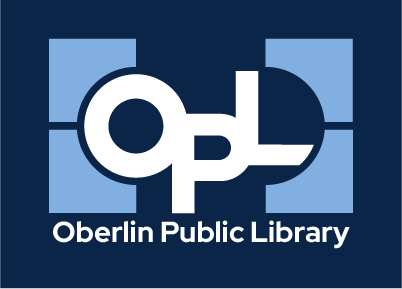The origins of the Oberlin Public Library began in the Spear Library at Oberlin College. By the early 1890s, town residents already had limited borrowing privileges at the college library.
After years of dwindling space, it became clear that a new library building was needed. The new building was made possible by a grant from the great steel baron Andrew Carnegie after a con artist calling herself Cassie Chadwick passed herself off as his illegitimate daughter. She defrauded an Oberlin bank of $240,000, causing it to fail and many Oberlin students and residents lost their savings.
Carnegie anonymously donated $15,000 to cover student and some town residents losses and granted the college $125,000 towards a new library building. The college was also required to raise funds and the building was completed in 1908. The new library housed the college’s collection as well as a space for a town library which included the novelty of a separate children's room.
The Oberlin Public Library was not established as an entity separate from the College Library until 1947, when changes in State law and a new 1/2 mill tax levy led City Council to establish a Public Library board as an independent unit under the Lorain County Public Library System. However, the Oberlin Public Library continued to occupy the same space as the college library, even moving to the Mudd Center in 1974.
The Oberlin Public Library was rescued from its overcrowded space when the College bought the old Fisher Fazio supermarket for $730,000 and turned it over to the Public Library Board. Oberlin residents approved a tax levy to support the remodeling of the building, transforming it into a spacious facility equipped with modern technology.
The construction of the current Oberlin Public Library began in 1989 and the new building for the Oberlin Public Library opened on December 16, 1990.
Currently the OPL is committed to our mission of informing, educating, inspiring, and entertaining. We strive to create an environment where civic engagement, learning, and literacy thrive.
If you'd like to learn more about our history and role in the community please check out the Oberlin College Archives Exhibit.

